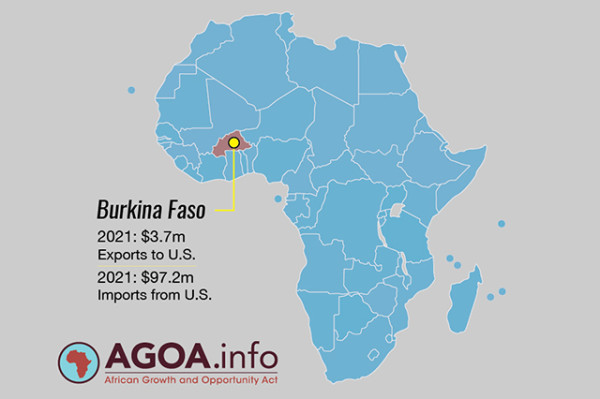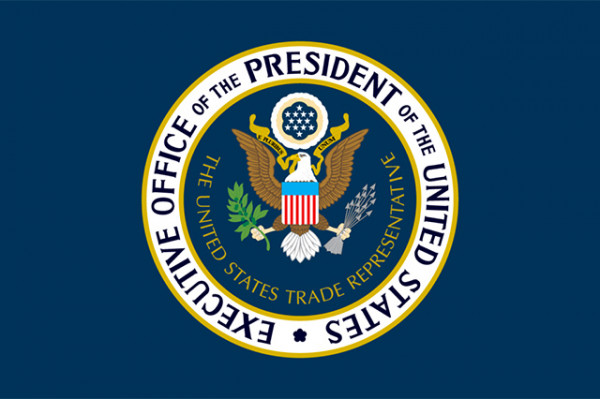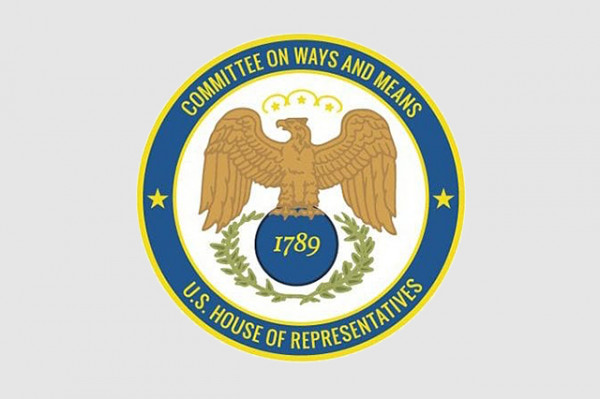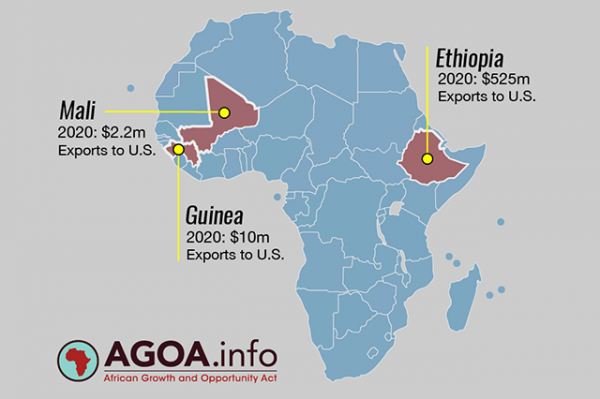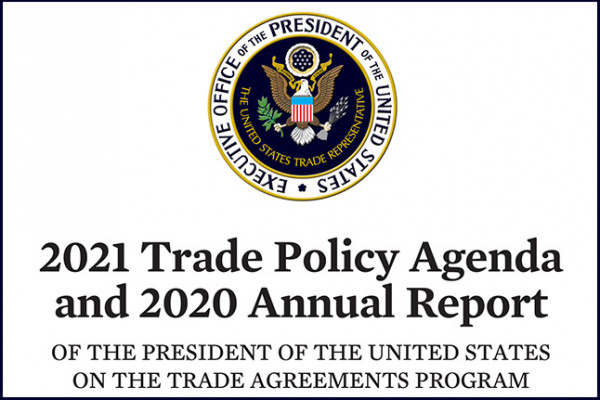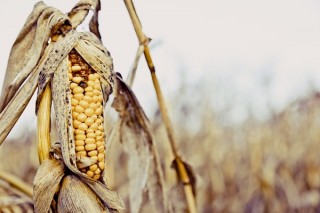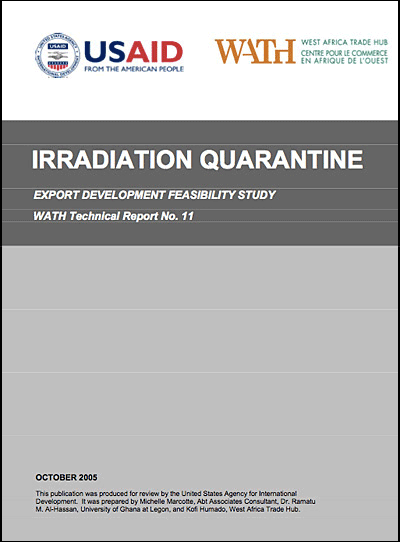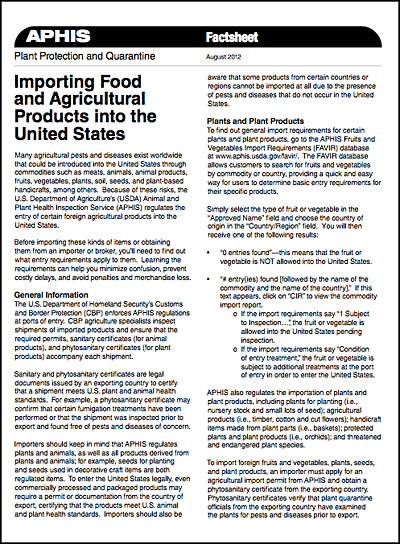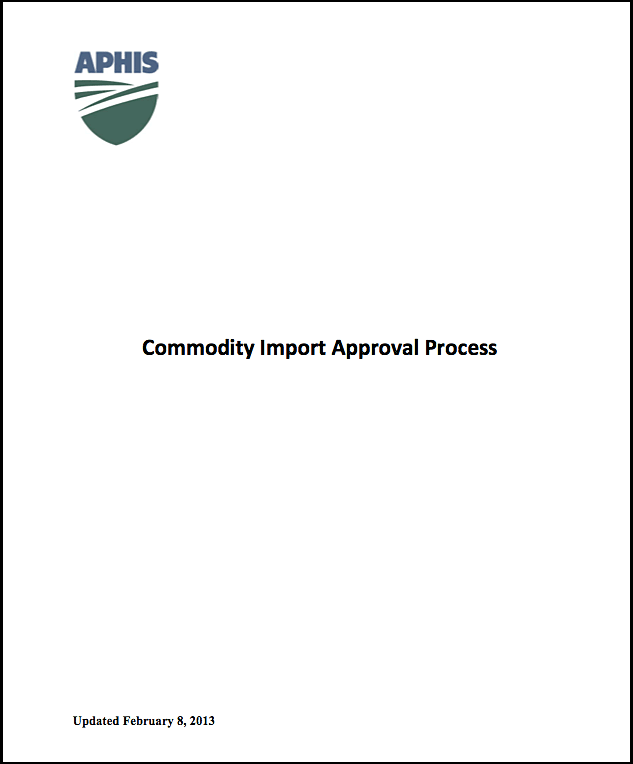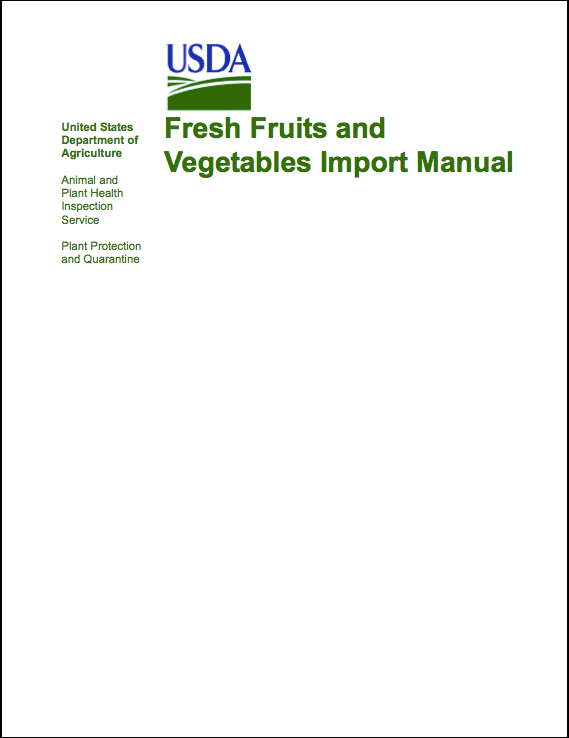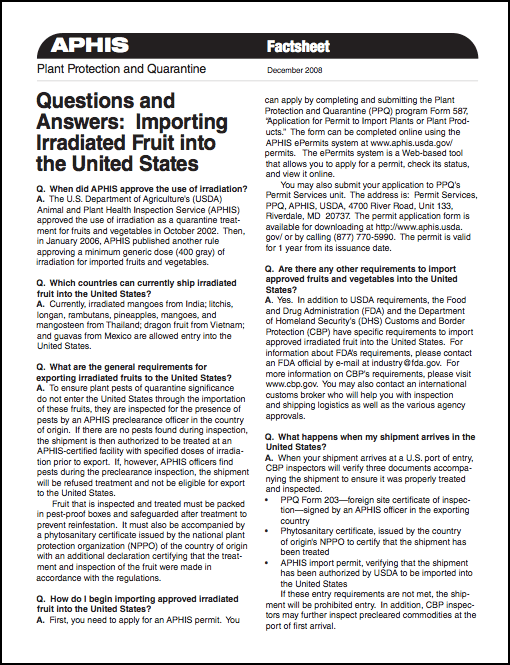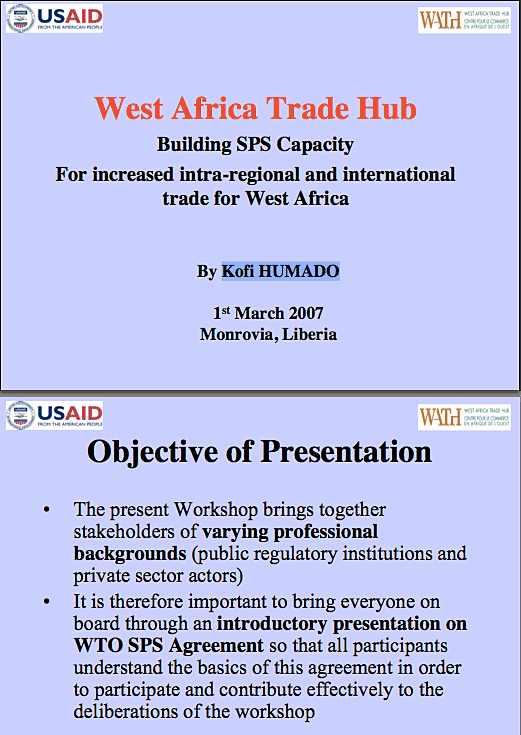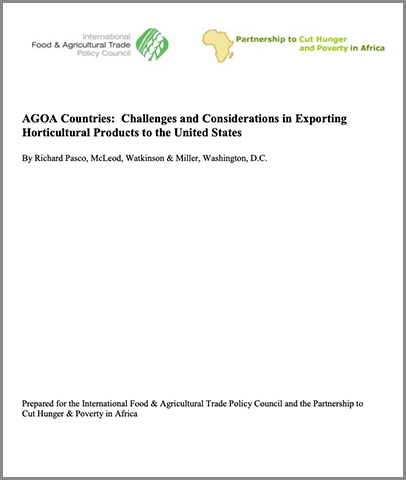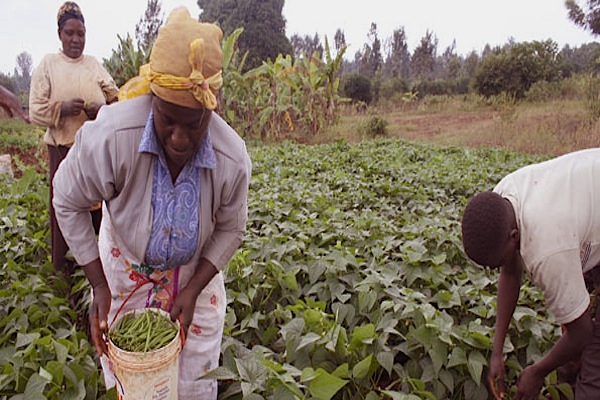AGOA Headline Stats
Aggregate exports to US by 2023 AGOA beneficiaries - full year 2023
-4.8% over 2022. Trade data covers only 2023 AGOA-eligible countries
AGOA exports - full year to end 2023 (-6.1% over 2022)
AGOA trade represents 34% of total US-bound exports from AGOA beneficiaries. (Based on 2023 eligible countries)
AGOA eligible tariff-lines (incl. textiles and apparel)
Products that have duty-free access to the United States under AGOA (subject to Rules of Origin)
Number of AGOA beneficiary countries
African countries that currently have AGOA beneficiary status (Status: January 2024)
Visit the AGOA Business Connector
A new facility to assist trade and business connections between producers, exporters, importers, sourcing agents, and trade-related service suppliers, across sub-Saharan African AGOA beneficiary countries and the United States.
Read the latest AGOA news
Official announcements and other news
AGOA.info Resources | US-Kenya FTA negotiations
A snapshot of selected resources on the Kenya-US FTA negotiations.
SPS measures, plant and animal regulations
Sanitary and phytosanitary (SPS) measures and other regulations are at the fundamental level aimed at protecting human and animal life from the risks and threats arising from additives, contaminants, toxins or disease-carrying organisms in food, beverages or feedstuffs, and to reduce the risk of the spread and establishment of pests.
Examples of SPS and animal or plant health measures include inspections of products for microbiological contaminants, setting maximum allowable levels of pesticide and other residues in food, obligating the specific treatment or fumigation of products entering the United States (or other country) or requiring that products originate from specific disease-free areas.
This section provides resources that will assist producers and exporters gain a better understanding of the United States requirements relating to SPS, plant and animal health safety issues, as relevant to African exporters accessing the United States market.


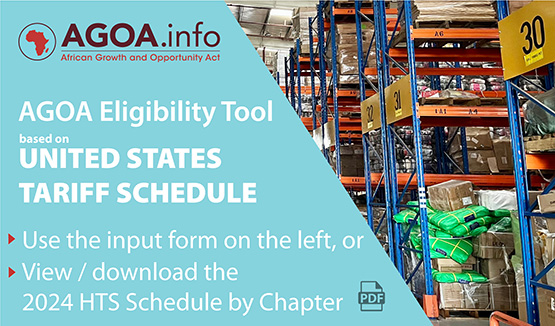

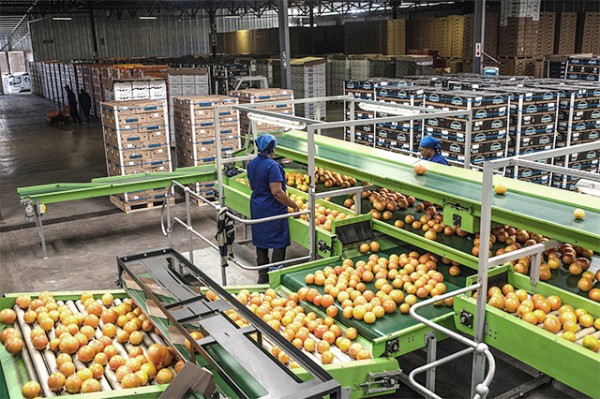

![US senators will introduce bill to renew Africa trade pact through 2041 [Download copy] US senators will introduce bill to renew Africa trade pact through 2041 [Download copy]](https://agoa.info/images/articles/16451/_thumb2/coonssenatepress.jpg)
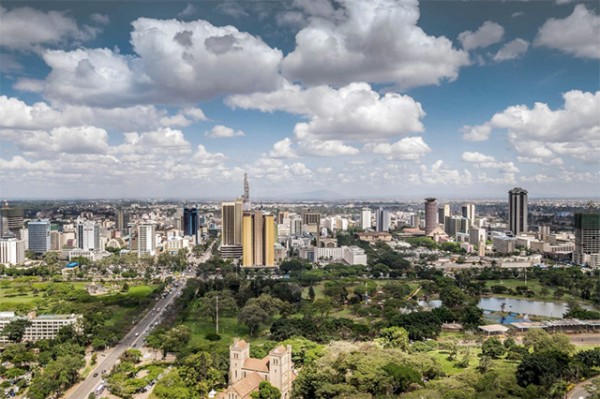
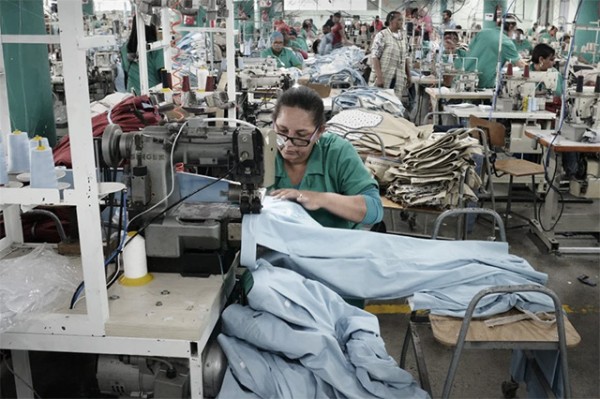



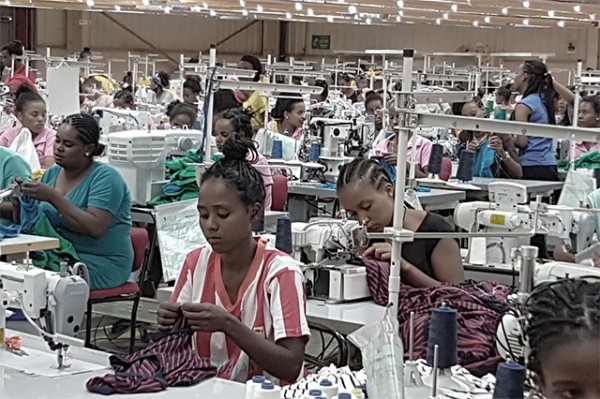







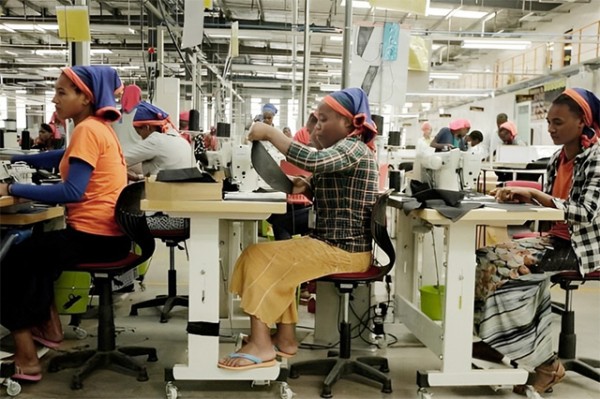

![US keen to strengthen Kenya’s public procurement system as trade talks resume [incl. Readout] US keen to strengthen Kenya’s public procurement system as trade talks resume [incl. Readout]](https://agoa.info/images/articles/16431/_thumb2/whitman2kenya.jpg)


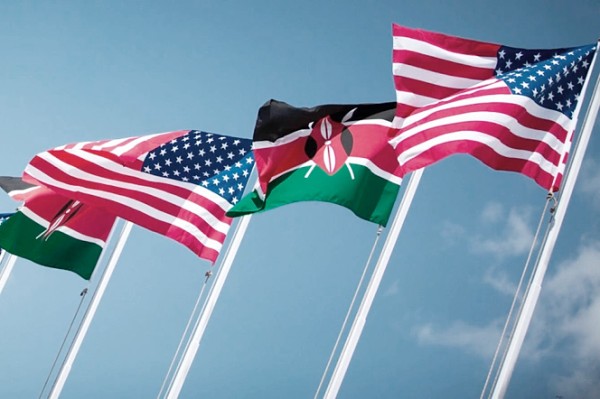
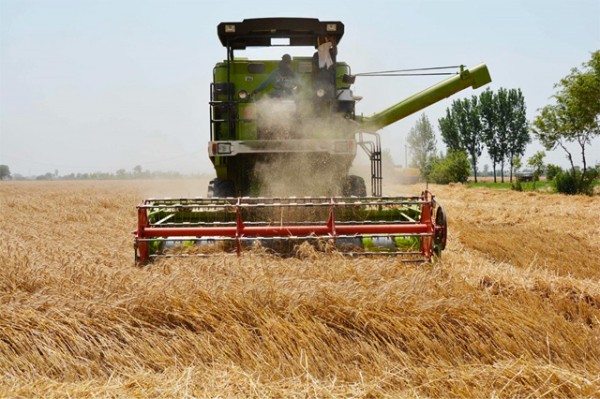




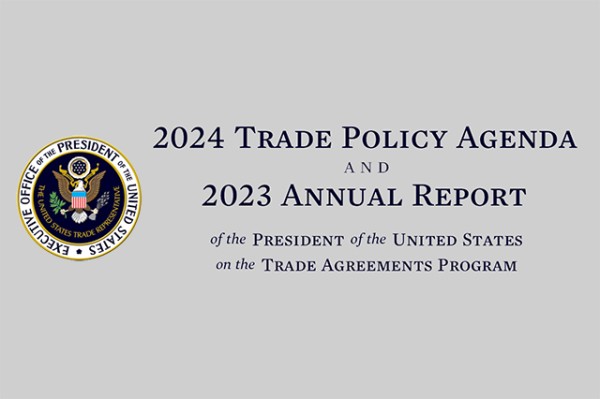
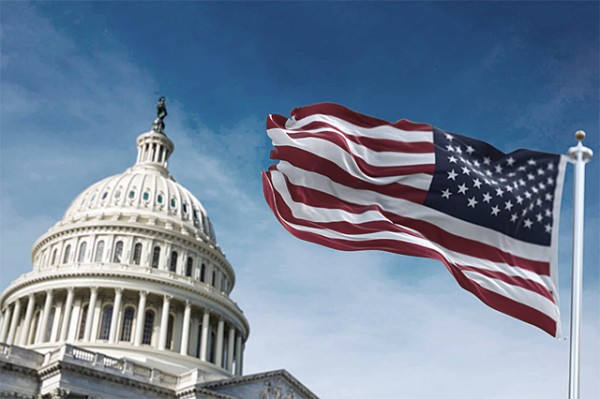
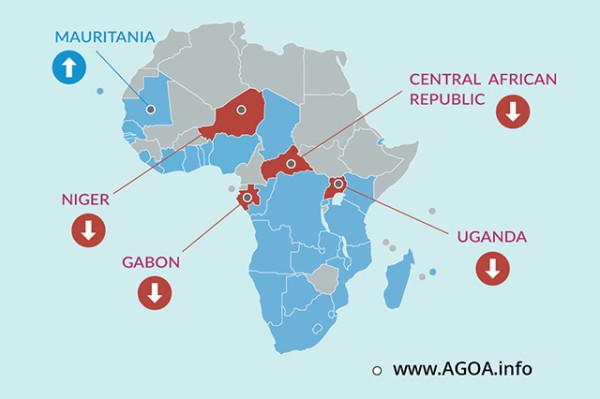
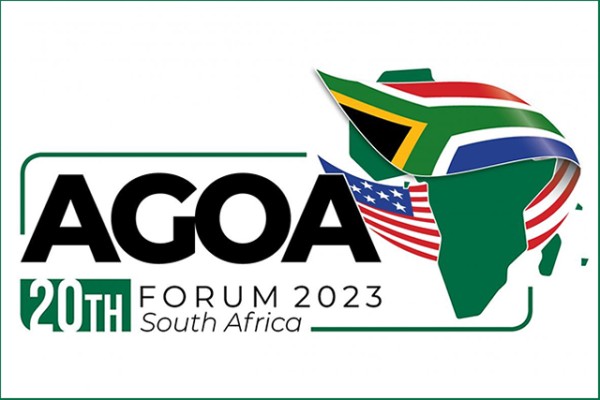
![AGOA Forum 2023: Digital press briefing with officials in the USTR and State Department [Transcript] AGOA Forum 2023: Digital press briefing with officials in the USTR and State Department [Transcript]](https://agoa.info/images/articles/16344/_thumb2/ustr-blue.jpg)
![Department of Trade, Industry and Competition invites media to apply for accreditation for upcoming AGOA Forum [Deadline 8 October 2023] Department of Trade, Industry and Competition invites media to apply for accreditation for upcoming AGOA Forum [Deadline 8 October 2023]](https://agoa.info/images/articles/16311/_thumb2/dtic.jpg)
![** AGOA eligibility review 2023 (for year 2024): Timelines of hearings and request for comments ** [Deadline written submissions 7 July] ** AGOA eligibility review 2023 (for year 2024): Timelines of hearings and request for comments ** [Deadline written submissions 7 July]](https://agoa.info/images/articles/16212/_thumb2/ustrlogo.jpg)
![A proclamation to take certain actions under AGOA and for other purposes [Burkina Faso] A proclamation to take certain actions under AGOA and for other purposes [Burkina Faso]](https://agoa.info/images/articles/16125/_thumb2/whitehouselogo.jpg)


